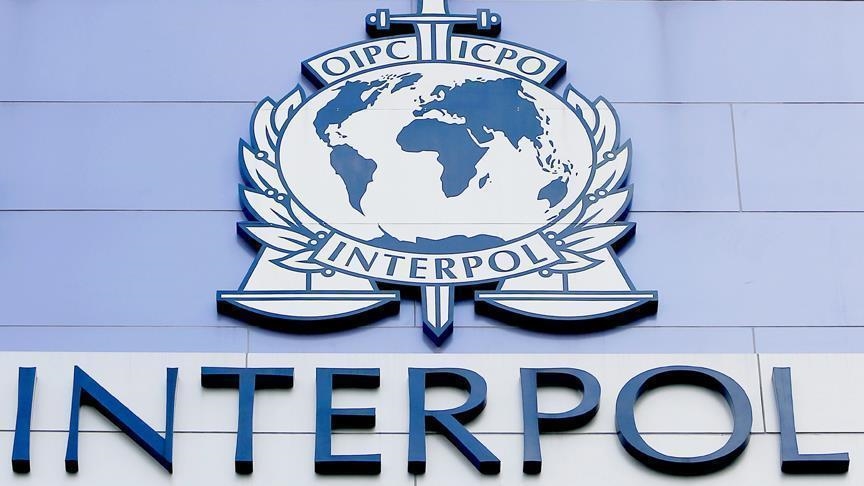Google Cloud is creating its own blockchain platform, the Google Cloud Universal Ledger (GCUL), targeting the financial sector. The network provides a neutral, compliant infrastructure for payment automation and digital asset management through a single API.
GCUL allows financial institutions to build Python-based smart contracts, with support for various use cases such as wholesale payments and asset tokenisation. Although called a Layer 1 network, its private, permissioned design raises debate over its status as a decentralised blockchain.
The company also revealed a series of AI-driven security enhancements at its Security Summit 2025.
These include an ‘agentic security operations centre’ for proactive threat detection, the Alert Investigation agent for automated analysis, and Model Armour to prevent prompt injection, jailbreaking, and data leaks.
Currently in a private testnet, GCUL was first announced in March in collaboration with the CME Group, which is piloting solutions on the platform. Google Cloud plans to reveal more details in the future as the project develops.
Would you like to learn more about AI, tech and digital diplomacy? If so, ask our Diplo chatbot!










